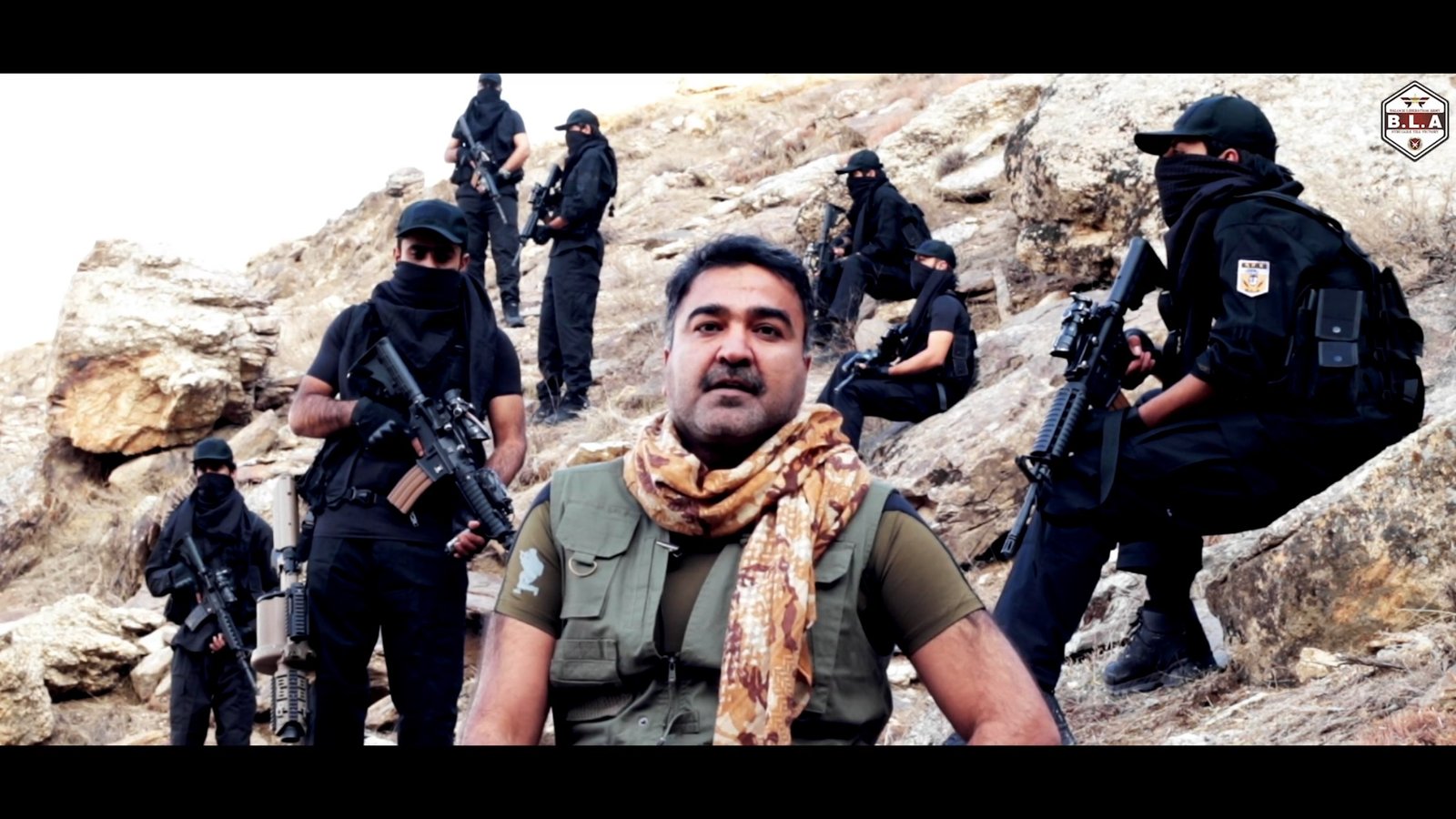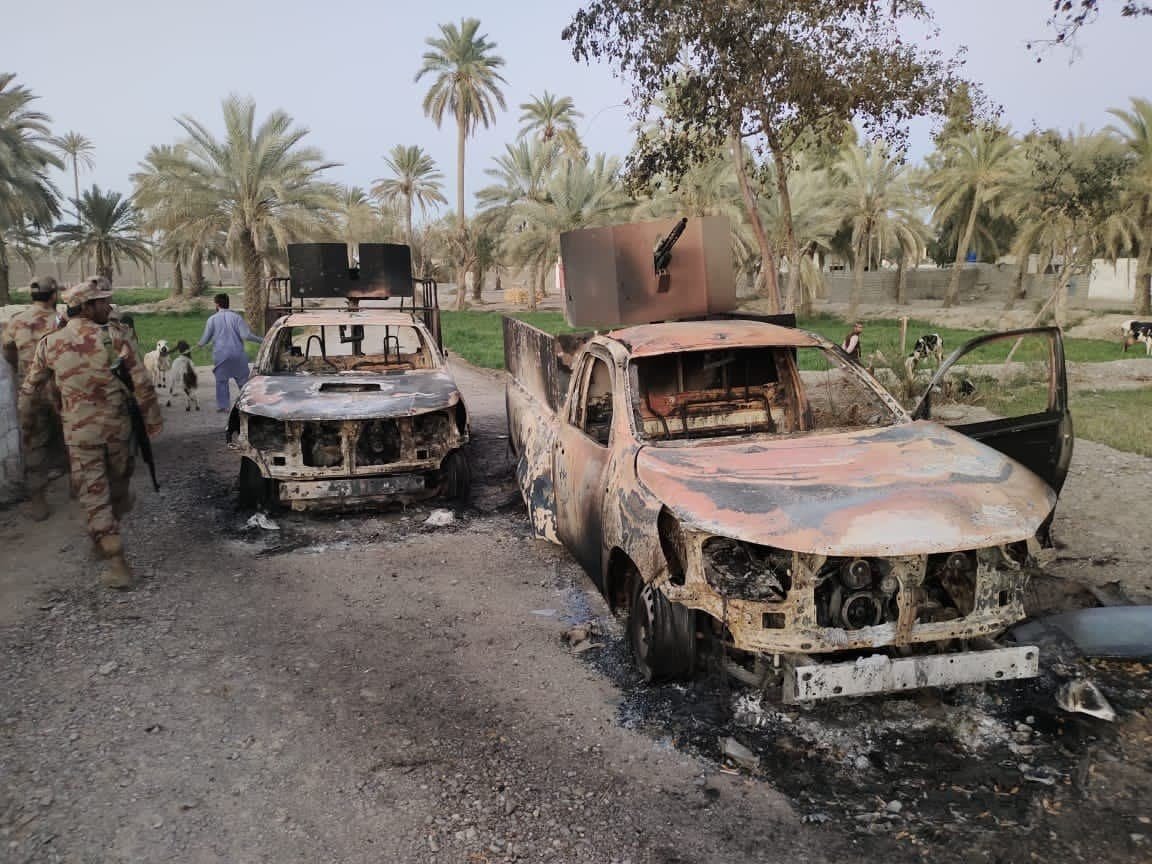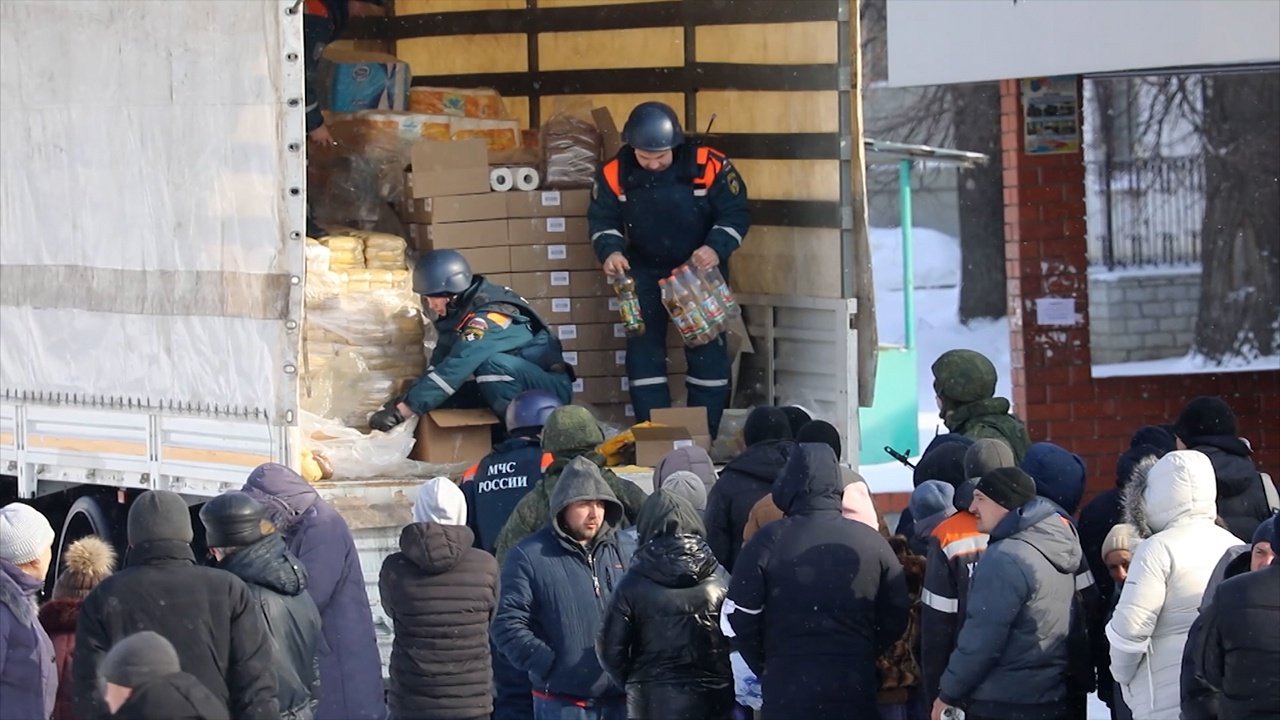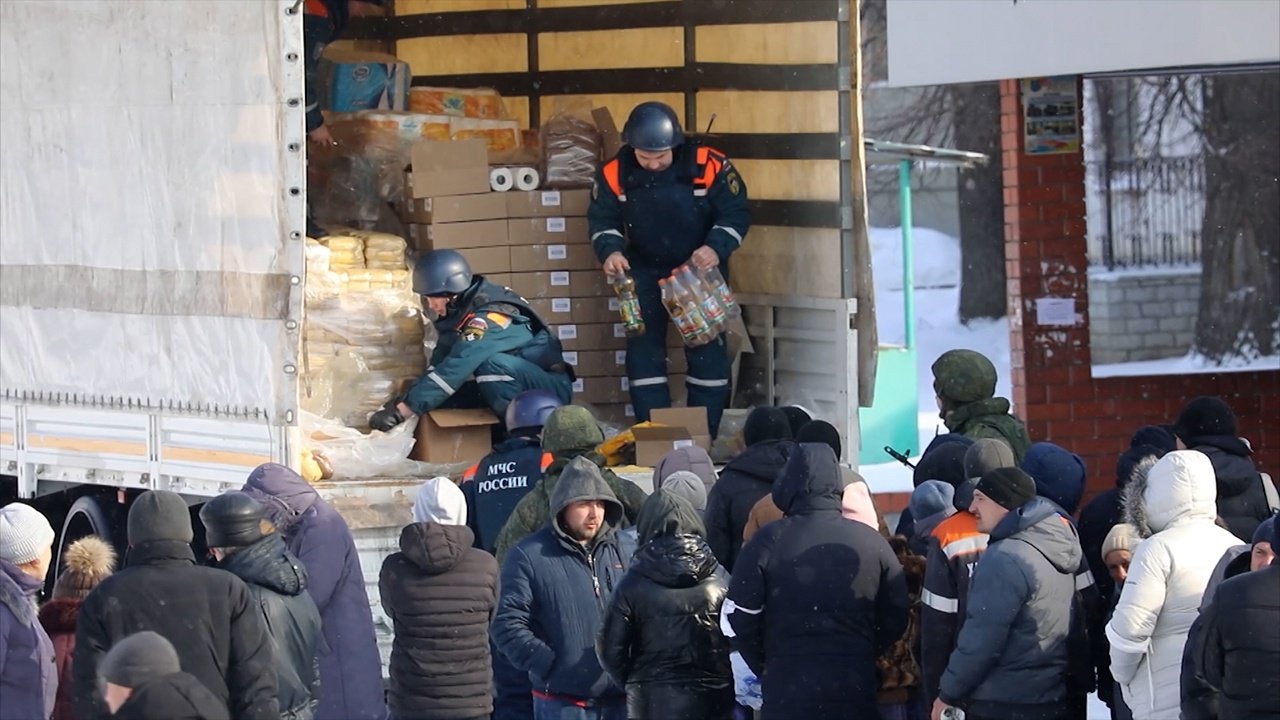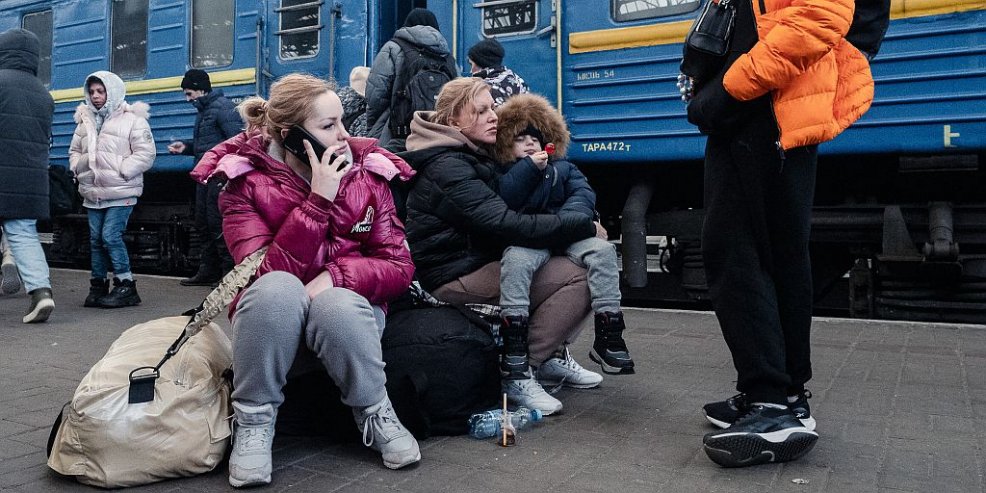Yemen War – All you need to know about And how Turkey made it worst.
Yemen which saw decades of stability collapsed again during the Arab Spring and the usual divide of North Yemen and South Yemen erupted yet again. This blew up into a civil war in no time with countries taking their own sides. Turkey is a later entrant, which in a sudden mood of a Neo-Ottomanism started to poke its fingers into every conflict into the area.

A key objective of the Saudis has been to prevent hostile foreign powers – and ideologies such as republicanism and Shi’a revivalism – from gaining a foothold on their southern doorstep. In the wake of the 1962 revolution, which deprived the imam of power, civil war broke out between the republicans and those still loyal to the imam. Egypt’s Jamal ‘Abd al-Nasir sent an expeditionary force that peaked at 70,000 men to protect the new Yemen Arab Republic against the royalists and eventually spread the revolution to Saudi Arabia. Egyptian troops remained in Yemen until 1970. A self-proclaimed Marxist government – backed by the Soviet Union – ruled South Yemen after the
British withdrawal in 1967 until 1990. From the early 2000s, there has been a Shi’a insurgency in northern Yemen, which the Saudis claim is backed by Iran. In order to realise its aims, Saudi Arabia discreetly supported efforts to overthrow the Marxist regime in Aden during the 1970s and 1980s, including offering covert aid to dissident factions within the ruling Yemeni Socialist Party.
For decades, Prince Sultan, the late defence minister, had the main responsibility for the Yemen portfolio, until he died in 2011. He founded and directed the Special Office for Yemen Affairs, a small royal family committee, which cultivated a wide network of contacts and informants in Yemen, all bribed with oil money. Thousands of Yemenis received stipends, including politicians, tribal sheikhs, religious leaders and military officers. At its height the committee’s annual budget was estimated at $3.5 billion, until it was drastically cut following the border agreement in 2000.
Prince Nayif – the late minister of the interior – also had an eye towards Yemen, with a focus on terrorism and trafficking in persons, illicit arms and drugs across the border. His son and successor as head of internal security, Prince Muhammad bin Nayif, is now an important player – especially in the war against al-Qaeda in the Arabian Peninsula (AQAP) and in handling spillover effects of the Houthi rebellion. Finally, Prince Bandar bin Sultan, the director of the General Intelligence Directorate, is responsible for monitoring developments in the neighbouring country. The foreign ministry of Sa’ud al-Faysal, however, has little to say about Yemen, because for the Saudis Yemen is not about foreign policy, but about national security: defence, terrorism and smuggling.
Nightmares of a failed state
Today there is little reason to worry about a too powerful Yemen, and Saudi concerns are rather that the country will be too weak. In private conversations Saudi authorities express fear of a total disintegration of the Yemeni state and the security challenges this will entail for Saudi Arabia. The Saudis cannot afford to have a failed state on their borders.
If Yemen becomes another Somalia, the Saudis worry that Islamist militants might use the neighbouring country as a safe haven and a platform for launching armed attacks in Saudi Arabia. Hundreds of Saudis have already been linked to AQAP, which was established in 2009, some in prominent positions. Among them are Sa’id ’Ali al-Shihri, the group’s deputy commander and Saudi Arabia’s most wanted man, and Ibrahim Hassan al-’Asiri, the bomb maker linked to many AQAP plots. The former was killed in January 2013 – assassinated by a U.S. drone launched from an unnamed base in Saudi Arabia, according to media reports. In August 2009, AQAP sent a suicide bomber to kill Prince Muhammad bin Nayif. The group has also threatened to attack oil infrastructure and shipping lanes, which would be a direct threat to the Saudi economy.
Moreover, the Saudis worry that further fragmentation of Yemeni society and the weakening of state authority will make it easier for hostile states to buy influence in the country. Their primary concern is Iran, as the Iranians would probably see a strategic advantage in causing trouble for the Saudis in the latter’s own backyard by supporting groups such as the Shi’a Houthi rebels in Sa’da province in northern Yemen, where the rebels have created their own state. Moreover, a collapsed Yemen would lead to a surge in refugees crossing the border into Saudi Arabia, increased crime in the kingdom’s southern provinces, primarily in the form of smuggling, and perhaps also piracy similar to that around Somalia.
Exit Salih
Although the Saudis are obviously concerned about state collapse in Yemen, they are also worried that their influence in the neighbouring country may be in decline as a result of two parallel developments. First, Saudi Arabia has stuck by the old, traditional elites whose power has been rocked by the Arab Spring. The Saudis hoped to the bitter end they could save President ‘Ali ‘Abd Allah Salih, Yemen’s strongman of 33 years. In 2010, King ‘Abd Allah handed Salih $700 million, and in September 2011 he angered many Yemenis by allowing the president to return to Yemen after being hospitalised for three months in Riyadh. Prior to this, two other people who had been very important in Saudi Yemen relations also disappeared: Grand Shaykh ‘Abd Allah al-Ahmar, Yemen’s most powerful tribal leader, head of Hizb al-Islah and a “Saudi man”, who died in 2007, and Prince Sultan, who died in 2011. With the latter’s demise, the Saudis lost both valuable knowledge about Yemen and contacts in the country. The Saudis knew how to deal with the Yemeni army, tribal leaders and Hizb al-Islah, but not the people who mobilised in the streets.
Second, because the Iranians’ influence in Syria is under pressure, it is plausible to believe that they aim to gain more weight in Yemen. Many Yemenis distrust the Saudis because of their handling of the revolt. Riyadh was seen as only working to establish a new sympathetic regime in Sanaa. Thus, there are many groups in the country that would accept Iran’s help with open arms, but without thereby supporting Iran’s regional aims. Apparently, Iran and the Houthis are establishing partnerships with leftist and liberals who are wary of the power that Sunni Islamists might gain in post-Salih Yemen. These ties have been publicised during conferences and workshops that Iranian officials have held with Yemeni political actors inside and outside Yemen.
The war in Yemen began in late 2014 when the Houthis seized control of much of the country, including Sanaa, the capital.
The conflict escalated in March 2015 when Saudi Arabia and the United Arab Emirates assembled a US-backed military coalition in an attempt to restore the government of President Abd-Rabbu Mansour Hadi.
Taking advantage of instability and people’s anger against the government, the Houthi movement, known formally as Ansar Allah, including Yemen’s Zaidi Shia Muslim minority who were fighting Saleh during the previous decade, took control of their northern heartland of Saada province and neighboring areas.
Many Sunnis disillusioned with the government also joined them, helping them to take the capital, Sanaa, which forced Hadi to flee abroad in March 2015.
Saudi Arabia and eight Arab states soon began an air campaign against Houthis, in a bid to stop Iranian influence in Yemen and restore Hadi’s government.
They received logistical and intelligence support from the US, UK, and France. Militants from al-Qaeda in the Arabian Peninsula (AQAP) and the local affiliate of the rival Islamic State group (IS) have also taken advantage of the chaos by seizing territory in the south and carrying out deadly attacks, notably near Aden.
In July 2019, the UAE broke away from the Arab alliance and backed separatists in the south, forming the STC. Last year they declared self-rule in Aden and took control of the port city and southern provinces.
Related Article Largest Drone Attack against Saudi Oil Facilities of Aramco
Turkey’s Intervention in Arab in pursuit of Neo-Ottoman Empire
Recep Tayyip Erdogan’s Turkey seems to be focusing on Yemen after having extended its influence over the Mediterranean arch by entering the civil wars in Syria and Libya, where it has displaced part of its important army and where it has set up militias made up of paid mercenaries who in many cases come from former branches of jihadist groups
Related Article Turkey And Pakistan Sending Terrorists to Azerbaijan to Fight Armenia
The Ottoman nation is thus promoting its intervention in the Mediterranean and Middle East area in order to have a greater presence and benefit from an important regional geostrategic situation.
Faced with growing opposition at home and falling Lira, Turkish President Tayyip Erdogan finds himself in the midst of adventures abroad, expanding his influence and threatening Russia’s position in Libya and Syria.
Meanwhile, he is now challenging the Saudi Arabia-led Arab coalition in Yemen with funding from Qatar, which faces the Arab alliance of Saudi Arabia, the United Arab Emirates, Bahrain and Egypt, which imposed a political and economic blockade on the Gulf monarchy in 2017 after accusing it of supporting cross-border terrorism. This embargo was a major financial blow to the nation led by Emir Tamim bin Hamad al-Thani, who sought other partners on the international stage to strengthen his position, finding the partnership currently being developed with Turkey and Iran.
Related Article Arab World is distancing itself from its Ottoman Past
In its attempt to undermine the coalition fighting the Houthi insurgency, Ankara uses a defector from the Yemeni government, former Transport Minister Saleh al-Jabwani, and the Muslim Brothers, an organisation with close ties to Qatar and which is considered a terrorist by several Western countries, including the United States.
Among Turkey’s plans is the intention to conquer the oil-rich southeastern province of Shabwa, where the Muslim Brotherhood lost the support it had altogether. The Al-Jabwani recruitment center established in Ataq, the capital of Shabwa, has so far attracted 600 fighters with the promise of a salary and smuggled weapons paid for by Qatar, as reported in the Israeli News. In addition, it is expected that coalition defectors will be separated in other provinces as well.
Activists linked to the Yemeni Muslim Brotherhood renewed their media attacks against the Saudi-led alliance, and called for alternative solutions such as the creation of a new coalition in Yemen led by Ankara; and the establishment of an alternative military council.
Campaigns attacking the Arab alliance were seen by various political sectors as increasing the possibility of Turkish interference in Yemen in response to the decline of the Muslim Brotherhood in the country, as an indication of the growth of anti-coalition voices within the legitimate government and institutions dominated by the Reform Party (the Yemeni branch of the Muslim Brotherhood).
Another wave of escalation of the Muslim Brotherhood in the province of Shabwa is expected, where the mentioned former Minister of Transport Saleh al-Jabwani continues his activities of creating anti-Arab coalition militias with funds from Qatar. According to the same sources, new shipments of weapons arrived in the city of Ataq, the Muslim Brotherhood stronghold in Shabwa, and where Al-Jabwani reportedly established his first recruitment and training camp.
Related Article Turkey Becomes Global Supplier of Terrorists : Starts Hiring Terrorists from Syria to be sent to Pakistan to Fight Against India
The sources also confirmed the emergence of Muslim Brotherhood initiatives in Hadramut and Mahra, also with funding from Qatar, in the context of a plan to create tension and confrontation in the liberated southern governorates, while the Houthis continue their work to control large areas in Al-Jouf. Reports indicated that these areas were handed over to Houthi militias in response to the Southern Transitional Council’s (STC) takeover of Aden in August 2019.
Sources also reported on the alleged covert agreement between the Muslim Brotherhood in Yemen and the Houthis under the auspices of Turkey, Iran and Qatar, to share areas of influence in Yemen, with the insurgent rebels controlling the north of Yemen, in return for supporting the Brotherhood’s ambitions to acquire the southern regions.
Yemen is the next door to Saudi Arabia’s rival and it is very interesting for the pole represented by Qatar and Turkey to gain positions in this neighbouring country of the Kingdom. Something that would be a stone in the shoe in the Middle East region for Saudi Arabia and its partners.
Related Article Erdogan’s Imperialist Neo-Ottoman Empire: Who is Financing it?
Turkey comes from looking for its place in Libya and Syria, where it intervenes in the civil wars that take place in both countries in order to seek its own benefit. In both the North African and the Arab country there is a lot at stake, such as the rich oil hosted in their territories and the important geostrategic position linked to the Mediterranean arc. Erdogan wants two permanent bases in the area and there he deployed his army, supported by paid mercenaries linked to Jihadist terrorism. The Ottoman regime supports in Libya the Government of National Accord (GNA) of Prime Minister Fayez Sarraj, which is based in the capital Tripoli and is officially recognized by the United Nations (UN) since 2016, against the Libyan National Army (LNA) of Marshal Khalifa Haftar, which is linked to the other eastern executive of Tobruk and is supported by Russia, Saudi Arabia, UAE, Egypt and Bahrain. The Turkish intervention, which is gaining ground with partial victories of the GNA to regain ground against Haftar’s armies, has pitted Erdogan against Vladimir Putin’s Russia, which is aligned with the LNA. In this sense, the tripolitan forces recovered important enclaves like Sorman and Sabratha and Ankara is even negotiating the use of the Misrata naval base and the Al-Watiya air base, recently recovered thanks to Turkish military aid.
Related Article Neo-Ottoman Dream – End Of Turkey And Erdogan
Turkish support dates back to November 2019, when Recep Tayyip Erdogan and Fayez Sarraj initialled an agreement guaranteeing Turkish military support for the ANG and dividing up exclusive economic zones in the Mediterranean, which conflict with the maritime borders of Cyprus, Greece and Egypt; all in order to seek energy sources linked to gas and oil exploration. Turkey also raised possible energy and construction agreements with Tripoli once the armed struggle ends.
A permanent air and naval presence in Libya, together with its military base in Qatar and strong influence in Syria, would substantially increase Turkey’s influence in the region to a level that seriously concerns its neighbours and adversaries, especially the Arab coalition led by Saudi Arabia.
Writing for the US-based Middle East Institute, Ibrahim Jalal, co-founder of the Security Distillery think tank, and Mustafa Naji, a former Yemeni diplomat asked the US to put credible pressure on Iran and its Gulf partners to stop sending arms to actors other than the internationally recognized government of Yemen.
They noted that arms shipments from the UAE to the STC were raising serious concerns about the spread of conventional and non-conventional foreign-made arms transferred to entities other than the Yemeni Armed Forces.
Declaration of Self-Rule by Turkey supported separatists
In April 2020, Yemen separatists declared self-rule in the country’s south, dealing a major blow to Saudi Arabia’s efforts to end a devastating civil war in the neighboring nation.
A November 2019 power-sharing deal between the Saudi-backed administration of President Abd Rabbuh Mansur Hadi and the secessionist Southern Transitional Council supported by the United Arab Emirates was meant to reconcile onetime allies fighting Iran-backed Houthi rebels who control much of the country.
But implementation faltered with hostilities flaring again in January 2020, and the declaration of self-rule has the potential to prolong the broader, five-year civil war with the Houthis. Yemen is strategically significant because it lies on a waterway linking the Red Sea and the Gulf of Aden that is a conduit for much of the world’s oil.

Related Article Iran-China Deal : Disaster for Middle East, Mourning in Pakistan
Saudi Arabia’s intervention in March 2015 was meant to swiftly restore Hadi’s administration after it was ousted by the rebels from the capital, Sana’a. But the fighting dragged on, creating the world’s worst humanitarian crisis with tens of thousands killed and millions left hungry and displaced.
“The STC’s announcement is a significant setback for Saudi Arabia’s efforts to broker a reconciliation between the secessionists and the internationally recognized government and to de-escalate the conflict with the Houthis,” said Graham Griffiths, associate director at the Control Risks Group Ltd. consulting firm in Dubai.
The government condemned the secessionists’ declaration as a “coup against the legitimate government,” and the United Nations special envoy for Yemen, Martin Griffiths, called on all political actors to “refrain from taking escalatory actions, and put the interests of Yemenis first.”
“Our confidence in our Saudi brothers’ commitment to implementing the Riyadh agreement is absolute,” Anwar Gargash, the U.A.E.’s minister of state for foreign affairs, said on Twitter.
The secessionists turned their guns on the government in 2018. The November 2019 agreement was designed to halt the war within a war, and to give the government greater credibility in negotiations with the rebels.
Related Article Iran Backed Yemen’s Houthi Rebels Attack Saudi Oil Facility In Jiddah
Trump Administration handling of the Yemen Conflict
Secretary of State Mike Pompeo announced on 10-January 2021 that he will designate Yemen’s Iran-backed Houthi rebels as a “foreign terrorist organisation” as time runs down on the Donald Trump administration. The designation was to take effect on January 19, one day before President-elect Joe Biden takes office. The move was to impose or re-impose sanctions on the target.
The Trump administration was weighing the formal designation of the Houthi rebels as a “foreign terrorist organisation” for months. But that effort was bogged down in internal disagreements over whether sanctions could be effectively enforced without worsening the dire humanitarian crisis in Yemen.
Objections from the Treasury Department were apparently overcome after certain exemptions to the sanctions allowing for aid work to continue were arranged.
Late Sunday 10-January 2021, Mr. Pompeo announced that he was proceeding with the designation of the Houthis, also known as Ansarsallah, along with separate terrorist designations of three senior rebel leaders.
“These designations will provide additional tools to confront terrorist activity and terrorism by Ansarallah, a deadly Iran-backed militia group in the Gulf region,” he said. “The designations are intended to hold Ansarallah accountable for its terrorist acts, including cross-border attacks threatening civilian populations, infrastructure, and commercial shipping. ” Consideration of the designation had already prompted complaints from relief organisations that have warned the sanctions could prove catastrophic for efforts to help starving Yemeni civilians who have been caught in the conflict between the Houthis and the Yemeni government, which is backed by Saudi Arabia.
“The United States recognises concerns that these designations will have an impact on the humanitarian situation in Yemen,” Mr. Pompeo said in his statement. “We are planning to put in place measures to reduce their impact on certain humanitarian activity and imports into Yemen.” Those measures will include the issuance of special licenses by Treasury to allow U.S. assistance to continue to flow to Yemen and for humanitarian organisations to continue to work there, he said.
Joe Biden’s Policy Reversal
US President Joe Biden’s administration said on Friday 5-January 2021 that it was planning to remove Yemen’s Houthi rebel group from the terrorist blacklist.
The decision is the most recent in a series of policy reversals from the Trump era and comes less than three weeks after the designation was ordered.
“Our action is due entirely to the humanitarian consequences of this last-minute designation from the prior administration, which the United Nations and humanitarian organizations have since made clear would accelerate the world’s worst humanitarian crisis,” a State Department official said.
US President Joe Biden’s announcement to stop supporting military intervention and its intention to reverse the Trump administration’s decision to designate Houthi rebels a terror group may not end the conflict in Yemen, but it has signaled a marked shift from backing the interests of Saudi Arabia.
“The Biden administration is signaling that the US is actually now going to have a policy that is focused on Yemen,” said Scott Paul, Oxfam America’s policy advocacy director.
But skeptics believe the plan may not work.
Quoting Dave Harden, a former US official, who led a human development team for Yemen, the Washington Centre for Yemen Studies (WCYS), a US-based think tank in its initial assessment said the move may actually help rebel Houthis to expand and consolidate power.
The WCYS assessment said the US policy essentially means ending support to the Arab coalition to fight the Iran-backed Houthis. But also continuing the fight against America-threatening terrorists — like Al Qaeda and the Daesh/ISIS.
The center, however, added that the policy left ambiguity on the practical elements of supporting Saudi Arabia’s defense.
Saudi Arabia’s security is being handled by former Pakistan Army General Raheel Sharif, “who is leading Pakistani Mercenaries fighting for Saudi Army”. He is from the same Pakistan that is a blood brother of Turkey and has sent its terrorists to fight in Syria, Lebanon, Azerbaijan, Yemen and other countries at the command of Turkey. Recently Pakistani mercenaries guarding Saudi Arabia surrendered in large numbers to Houthi rebels instead of fighting them to protect Saudi for which Pakistani mercenaries force was hired.
Annelle Sheline, a research fellow at the Quincy Institute for Responsible Statecraft believes that the reason for allowing ambiguity was to keep Saudi Arabia happy that its defenses will be attended while giving Iran a carrot ahead of negotiations on its rejoining the nuclear deal.
The step also indicates that the US may have established backchannel contacts with Iran.
According to Jason Isakson, chief of policy and political affairs department of American Jewish Committee – a powerful lobby group — Iran’s regional aggression and its posing threat to neighbors will form a part of negotiations to revive the Joint Comprehensive Plan of Action (JCPA) known as the Iran nuclear deal.

The new US policy will not only end delivery of precision-guided missiles but will stop sharing intelligence with Arab allies, necessary for aerial bombings, to avoid civilian casualties in war-ravaged Yemen.
Israel joins Yemen conflict
Over the years, while the conflict in Yemen was primarily confined to the game of one-upmanship for regional powers like Iran and Saudi Arabia, of late, Israel has also joined the battleground riding on the shoulders of the United Arab Emirates (UAE).
A Yemeni tribal leader Issa Salem bin Yaqut recently alleged that the UAE has allowed Israel to build a listening post on the Yemeni island of Socotra to monitor activities in the Indian Ocean.
Located between the Guardafui Channel and the Arabian Sea, 250 kilometers (155 miles) from the Yemen coast, the island holds a strategic position overlooking one of the busiest shipping lanes.
In 2017, the UAE spent a major part of its $2 billion aid for Yemen to the island to allegedly buy loyalties of local tribes for the Southern Transitional Council (STC).
Israeli newspaper Israel Today reported last June that officials in Tel Aviv were holding “secret talks” with STC figures.
Vice President of the STC, Hani ben Breik also denounced the Palestinian leadership for rejecting the UAE’s peace moves with Israel.
“I will visit the southern [Yemeni] Jews in their homes and I will go with them to Jerusalem and pray in the Al-Aqsa Mosque,” he tweeted.
It is also becoming evident that under the Biden administration, the US relationship with Saudi Arabia is coming under intense scrutiny due to various factors, including the murder of journalist Jamal Khashoggi in 2018, suppression and jailing of political dissidents at home; and the Saudi’s role in the humanitarian crisis in Yemen.
US Senator Chris Murphy, a member of the Senate Foreign Relations Committee, has called for a “reset” of US-Gulf relations as part of efforts addressing Saudi human rights allegations.
Follow us at:-
Twitter Handle: @newscomworld
Telegram Handle : @NewsComWorldCom
Instagram Handle: @newscomworld
Koo Handle : @NewsComWorld
Parler Handle: @NewsComWorld
Gab Handle : @NewsComWorld
Tooter Handle: @NewsComWorld
Subscribe our : YouTube Channel https://www.youtube.com/channel/UCnKJQ3gFsRVWpvdjnntQoAA
Like our Facebook Page https://www.facebook.com/NewsComWorld
4,378 total views


